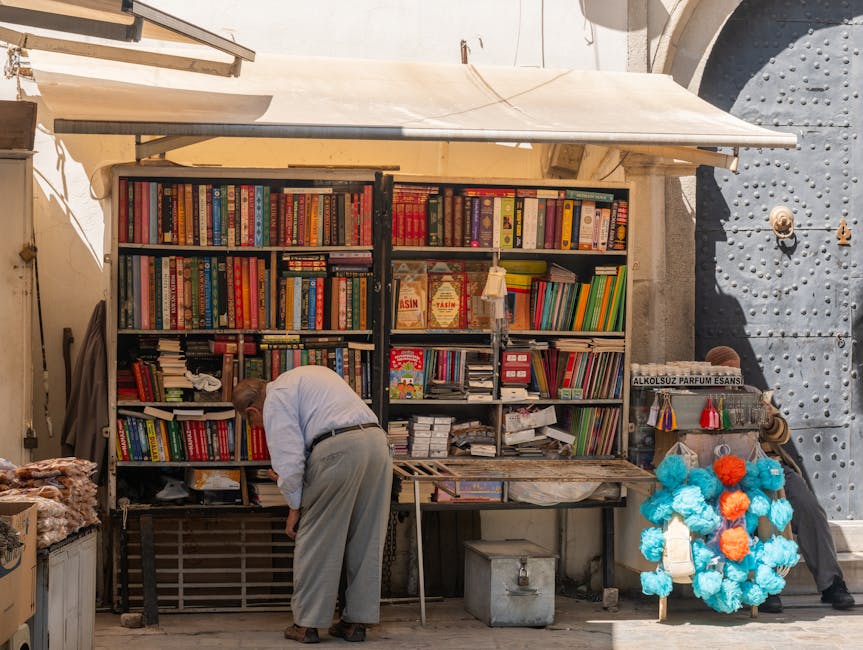Foremost among these luminaries is Virginia Woolf. Her stream-of-consciousness technique, so masterfully deployed in *Mrs. Dalloway* and *To the Lighthouse*, has profoundly influenced my own attempts to capture the fleeting thoughts and internal landscapes of my characters. Woolf’s ability to render the subjective experience with such precision and lyrical beauty is a constant source of inspiration. Her novels are not simply narratives; they are explorations of consciousness itself, a feat I strive to emulate, albeit with the acknowledgement that I am but a distant star in her constellation. The subtle shifts in perspective, the seemingly inconsequential details imbued with profound meaningthese are hallmarks of her style that I find endlessly fascinating and attempt to incorporate into my own writing.
Another significant influence stems from the work of Jorge Luis Borges. His mastery of metafiction and labyrinthine narratives, evident in collections like *Ficciones* and *Labyrinths*, has challenged my perceptions of narrative boundaries. Borges’s stories often blur the lines between reality and fiction, inviting the reader to question the nature of storytelling itself. This inherent self-reflexivity, this playful interrogation of the very act of creating narratives, has encouraged me to experiment with form and structure, to push beyond conventional storytelling methods. His intricate plots, woven with allusions and intertextual echoes, constantly inspire me to add layers of meaning and complexity to my own work.
Moving beyond the realm of experimental fiction, the profound impact of Gabriel Garcia Marquez cannot be overstated. His magical realism, as exemplified in *One Hundred Years of Solitude*, opened up entirely new avenues of narrative possibility. Marquez’s seamless blend of fantastical elements with stark realism created a unique literary landscape, one where the extraordinary becomes commonplace and the commonplace imbued with an air of the magical. This ability to imbue seemingly ordinary events with an almost mythical quality has profoundly influenced my own approach to characterization and world-building. I constantly strive to create worlds where the fantastical is not a jarring disruption, but an inherent part of the fabric of reality, reflecting Marquez’s genius in seamlessly integrating the real and the surreal.
The influence of Anton Chekhov extends beyond specific narrative techniques; it lies in his profound understanding of human nature. His short stories, particularly those collected in *The Lady with the Dog* and *Ward No. 6*, are masterclasses in character development. Chekhov’s characters are not merely archetypes; they are complex, flawed, and deeply human. He captures the subtle nuances of human interaction, the unspoken tensions and unspoken desires with a level of psychological realism that continues to amaze me. This focus on internal conflict and the subtleties of human behavior serves as a guiding principle in my own work, reminding me that true depth in characterization is achieved not through dramatic pronouncements but through the quiet observations of everyday life.
Finally, I find myself continually drawn back to the philosophical underpinnings of Albert Camus’s work. *The Stranger* and *The Plague* are not merely novels; they are profound explorations of existentialism and the human condition. Camus’s unflinching gaze at the absurdity of existence, his examination of individual freedom and responsibility, has shaped my own understanding of thematic exploration. His work encourages a critical and nuanced approach to examining complex moral dilemmas and the often-contradictory nature of human actions. This philosophical depth informs my own efforts to create narratives that delve into the fundamental questions of life, death, meaning, and the human experience.
In conclusion, my literary influences are not monolithic; they are a confluence of diverse voices and styles, each contributing a unique facet to my own writing. Woolf’s exploration of consciousness, Borges’s metafictional experimentation, Marquez’s magical realism, Chekhov’s psychological realism, and Camus’s existential philosophy these are but some of the constellations guiding my literary journey. Their works serve not as models to be imitated, but as inspirational touchstones, constantly reminding me of the boundless possibilities inherent in the art of storytelling. My writing is, ultimately, a conversation with these literary giants, a dialogue that continues to evolve and shape my own unique literary voice.
